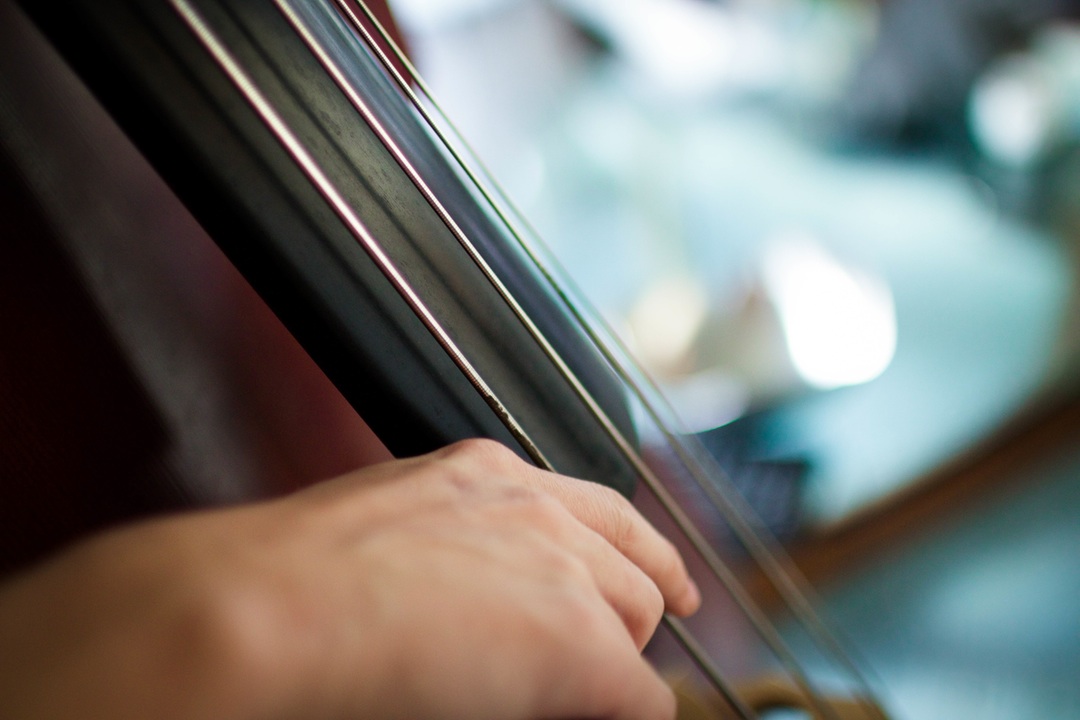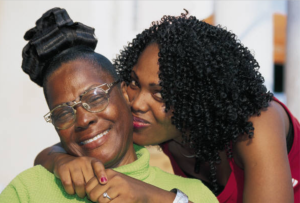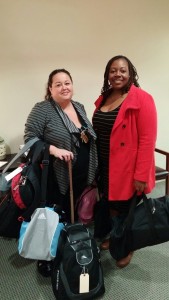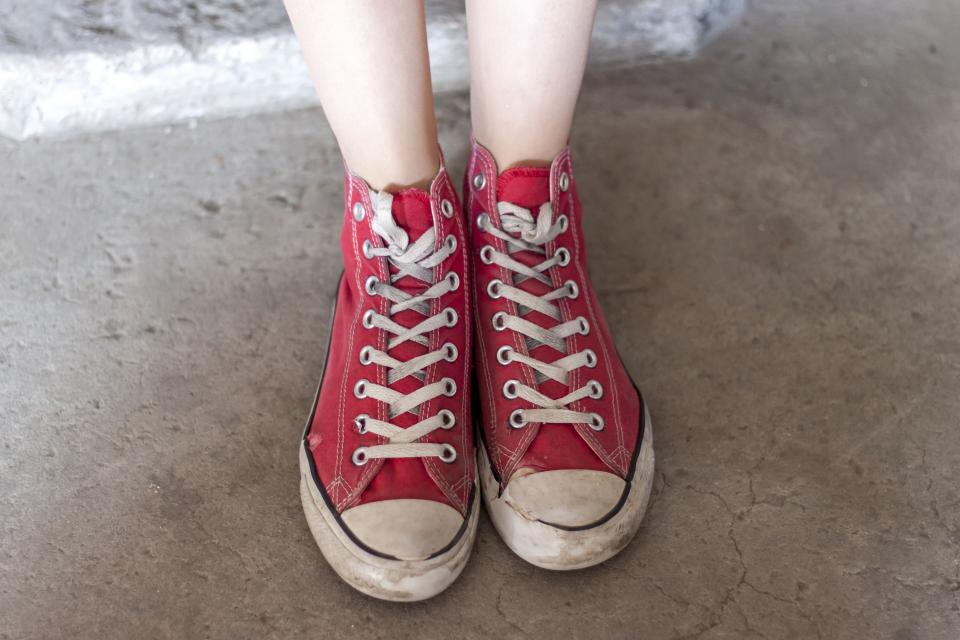 By Maureen Rodgers
By Maureen Rodgers
As homelessness continues to top the list of one of the nation’s biggest and most expensive problems, many seem to forget that for as many homeless adults that are on the streets, there are the faces of youth also looking for a place to call home. The thought of a homeless youth seems to confuse some people; “If they’re homeless, at least they are with their family,” or “There must be someplace they can go, some family member will take them in. Who would sit by and let a kid live on the streets? ”
The harsh reality is that many youth that are homeless are not choosing a life on the streets, but have been forced to leave their homes due to their families’ not being accepting of their lifestyle. One group that this rings true for is lgbt youth.
According to a study that appeared in Families in Society, one out of every five homeless youth (20 percent) is lgbt-identified. LGBT youth also suffer victimization on the streets at a rate much higher than non-lgbt-identified groups.
When youth up to age 21 can no longer remain in their homes due to their birth families’ being unable or unwilling to care for them, they are sometimes (depending on the circumstances) able to receive help from the state, by entering into the custody of the Department of Social Services (DSS) or Department of Juvenile Services (DJS), through placement in group homes, independent living programs and foster care. Youth who do not receive services from these agencies are often left to fend for themselves and vie for the few resources available to homeless youth.
One such program, the Transitional Living Program, a four bed semi-independent living apartment operated by Hearts & Homes for Youth and located in Prince George’s County, Maryland services homeless youth ages 16-21 from any jurisdiction in Maryland. The program is self-admitting, meaning that any homeless youth that do not have other resources in no way match the need; programs such as this one are in dire need of financial partners so services can be expanded.
“LGBT youth in care are searching for the trusting relationship with a caregiver that will allow them to fully express who they are without the fear of rejection or ridicule.”
Homeless youth who do receive help from the state often face another difficult plight. Many of those adolescents identify as lgbt and just like any other youth in care, are looking for a safe and loving environment. But even more, lgbt youth in care are also searching for the trusting relationship with a caregiver that will allow them to fully express who they are without the fear of rejection or ridicule. This type of relationship is something that many youth in care did not receive from their birth families and the reason why some of the youth end up in care.
Determining an appropriate placement for a youth in care who identifies as lgbt is not always an easy task, nor one that is often done with the individual needs of the youth in the forefront. To be blunt, the amount of placements that are available to youth in care are sometimes scarce, so attempting to secure a placement that meets all of the youth’s needs can be difficult.
Placement in a group home or independent living program can be difficult due to the fact that the youth will be placed in an environment with other youth from a variety of different backgrounds, and may not be accepting of the youth’s sexual orientation. If a youth is transgender, placement is even more difficult because a youth is placed according to their assigned gender and not the gender they identify with.
Another option for placement is foster care, which can sometimes work better for lgbt youth because there is a little bit more variety and flexibility in the types of homes and foster parents available. But the search for good foster parents is not always an easy one, especially in today’s economy.
My search for foster parents takes me many places: I advertise in local newspapers, visit neighborhood fairs and festivals, attend community meetings and post fliers. But my greatest source of referrals is people that are willing to take a greater interest in our nation’s greatest resource–our youth–and talk about the issue to everyone they know.
The kind older neighbors next door, the gay couple that you attend church with, or the single mother in your aerobics class are our foster parents; so is the quiet gentleman you ride the bus with, the retired nurse that you see from time to time when you visit your parents, and the mechanic to whom you bring your car. Our foster parents come from all walks of life and different experiences, but they all share one thing in common, they answered a call to service and changed the lives of one or more young people forever.
What I look for in foster parents are people who can handle the challenges of what can sometimes be a difficult situation, and grow from those challenges. To me, the difficult situation of a child in foster care and an lgbt adult are connected. Both groups are often stigmatized and misunderstood, and the opportunity to bring both groups together by a gay couple or single gay person becoming a foster parent to a child in need is an opportunity for both sides to provide the other party with something they may have been missing. For the foster parent, a child that they may have been wanting and have possibly been told time and time again was unattainable.
And for the foster child, there would be love and support in a safe environment where they can finally be themselves.
Maureen Rodgers, MA is the Assistant Program Manager of the Damamli Young Mother and Family Ties Therapeutic Foster Care programs at Hearts and Homes for Youth.
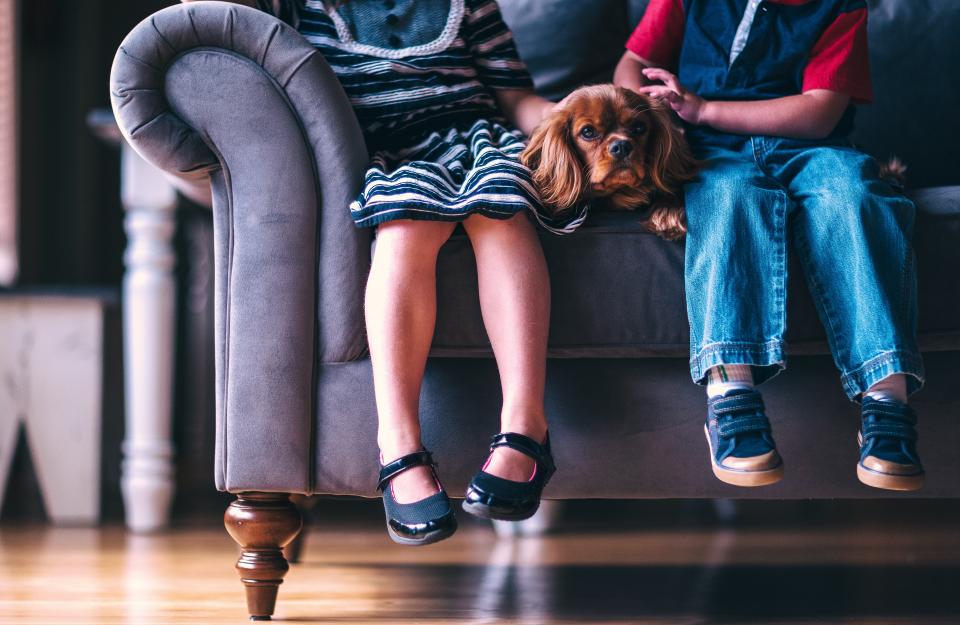 While working with children in the foster care system, it is important to have an understanding of their behavior. A lot of the behaviors that young people present are telling of the home life they had prior to being placed in care.
While working with children in the foster care system, it is important to have an understanding of their behavior. A lot of the behaviors that young people present are telling of the home life they had prior to being placed in care.
 By Maureen Rodgers
By Maureen Rodgers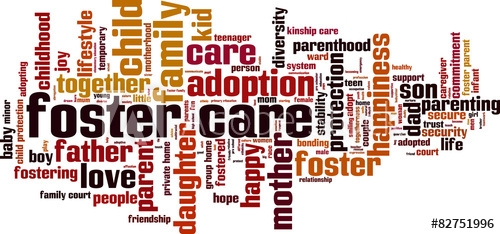 The following was shared with us by a young woman who was previously in our foster care program. She highlights the impact her foster mother and Hearts & Homes for Youth had on her healing and growth.
The following was shared with us by a young woman who was previously in our foster care program. She highlights the impact her foster mother and Hearts & Homes for Youth had on her healing and growth.  The Lovings have been foster parents for 28 years; 16 years with Prince George’s County Dept. of Social Services and 12 years with Hearts & Homes for Youth. They have had over 100 foster youth placed in their home over the years and remain as dedicated to fostering in year 28 as they were in year one.
The Lovings have been foster parents for 28 years; 16 years with Prince George’s County Dept. of Social Services and 12 years with Hearts & Homes for Youth. They have had over 100 foster youth placed in their home over the years and remain as dedicated to fostering in year 28 as they were in year one.
